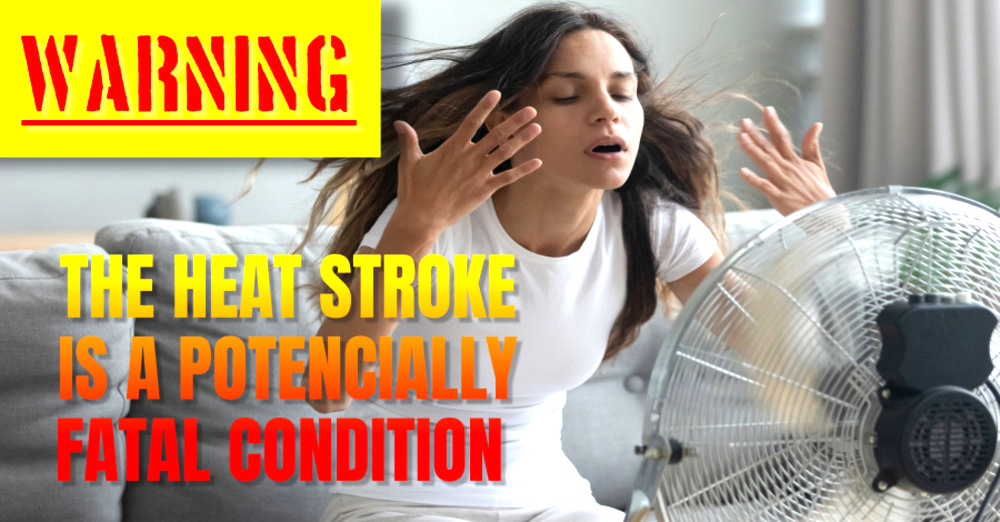
The sun beat down mercilessly on a small town, raising temperatures to unprecedented levels. The locals referred to it as a “heat wave.” The streets were deserted during the day, and people only came out at night when the sun had set. Air conditioners were working overtime, and electricity bills skyrocketed.
Amid the chaos, children splashed in a pond, and ice cream vendors did good business. Finally, after a week of scorching heat, the weather changed. The sky clouded over, and a cool breeze swept through the city. As raindrops fell from the sky, the locals shouted: Hallelujah!
✅ Animals suffer the most from the intense heat: cows give less milk, and hens stop laying eggs. And the lack of rainfall is the worst evil for farmers.
There is strong scientific evidence that climate change is increasing temperatures. Human activities, like burning fossil fuels, deforestation, and intensive agriculture, cause gases to build up in the atmosphere and bring about change.
These gases, such as carbon dioxide (CO2), methane (CH4), and nitrous oxide (N2O), wrap around the Earth like a cozy blanket, keeping heat inside and raising the overall temperature of our planet. This phenomenon is known as the greenhouse effect.
An intense heat wave increases the risk of various diseases and health problems.
1 – Heat stroke. It is a severe and potentially fatal condition when the body does not regulate its temperature properly. Symptoms include elevated body temperature (above 43° C, 110 F), hot and dry skin, confusion, dizziness, headache, nausea, and loss of consciousness. 2 – Heat exhaustion. This condition is less severe than heat stroke, but still requires medical attention. Symptoms include fatigue, weakness, excessive sweating, pallor, dizziness, muscle cramps, nausea, and fainting.
3 – Sunburn. Prolonged exposure to the sun without protection causes sunburn, characterized by redness, blisters, pain, and peeling of the skin. 4 – Dehydration. Lack of adequate fluids leads to dehydration, characterized by dry mouth, intense thirst, dark and scanty urine, fatigue, dizziness, and confusion.
––––––––––
5 – Aggravation of chronic diseases. High temperatures aggravate pre-existing conditions, such as cardiovascular, respiratory, and kidney disease. It can also increase the risk of heart attacks and strokes. 6 – Respiratory problems. Extreme heat worsens symptoms of respiratory diseases, such as asthma and chronic obstructive pulmonary disease (COPD), making breathing more difficult.
It’s crucial to stay well-hydrated, seek cool areas, wear protective clothing and sunscreen, and limit exposure to the sun.
1 – Stay hydrated. Drinking enough water is crucial during a heat wave. Be sure to compensate for fluid loss through sweat. 2 – Avoid the midday heat. During the hottest hours of the day, between 12:00 p.m. and 4:00 p.m., try to stay in cool places and avoid direct sun exposure. 3 – Wear light and breathable clothing. Opt for loose-fitting, light-colored clothing made of natural cotton or linen. These materials allow better air circulation and help keep you cool.
4 – Cool off with water. Use a fan or a spray bottle, or dip your feet in cold water to cool off. Wet a handkerchief on your forehead or neck to lower your body temperature. 5 – Use sunscreen. Apply a broad-spectrum sunscreen with a high protection factor to protect the skin from UV rays. 6 – Search for air-conditioned places. If your home does not have air conditioning, search for public places that do, such as shopping malls, libraries, or movie theaters. Spending a few hours in a cool place relieves the heat.
7 – Ventilate the house. If you don’t have air conditioning, keep the windows open at night and early in the morning to let fresh air in. Then close the windows and use blinds or curtains to block the heat from entering during the day. 8 – Avoid strenuous physical activity. During a heat wave, do not exercise strenuously outdoors. If you need to exercise, choose early morning or evening.
9 – Care for vulnerable groups. Please pay special attention to young children, older people, and those with pre-existing medical conditions, as they are more susceptible to heat. Please verify they are hydrated and kept in cool places. 10 – Maintain contact with family and neighbors. During heat waves, contact with loved ones and neighbors is essential, especially those needing extra help.
––––––––––
🟧 ✳️ MORE DATA
––––––––––
✅ How to sleep in the heat? A bath with hot water before going to bed cools the body when you get out of the shower. Sleep with an ice pack or a frozen water bottle wrapped in a towel. Avoid naps during the day so as not to disturb the sleep pattern. Add supplements such as magnesium to the diet to relax the muscles. Eat a light dinner to avoid feeling heavy.
✳️ Always listen to your body and take precautions to protect yourself during a heat wave.
––––––––––
––––––––––
––––––––––
––––––––––
